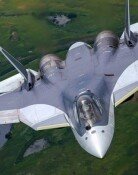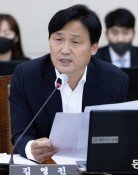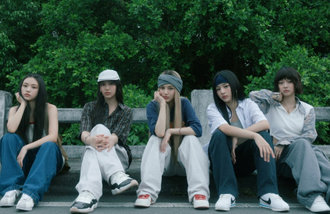Export of Cloning Technology to the U.S.
Export of Cloning Technology to the U.S.
Posted January. 29, 2004 22:22,
Koreas world-acknowledged cloning technology is waiting to be exported to a renowned U.S. research team.
On January 29, a professor of veterinary science at Seoul National University and a specialist on cloning technology, Hwang Woo-seok said that he sent two researchers including a post-doc responding to the request of Gerald Shatten from Magee-Womens Research Institute (MWRI) at University of Pittsburgh (in order to) make joint research with their full support for more than two years.
Dr. Shatten is a world-famous scholar on cloning of primates such as monkeys. He published a number of papers in the journals Nature and Science with renowned scientists including Ian Wilmut, creator of cloned sheep Dolly. Dr. Shatten is now leading a research team composed of seven professors and a minimum of 60 researchers at the University of Pittsburgh.
His biggest concern is the cloning of a monkey. In the medical world, monkeys are essentially used in evaluating efficacy and safety of new medicines or pigs organs for transplanting.
Dr. Shatten has been trying to create large quantities of identical gene-pool laboratory monkeys by using cloning technology for years but to no avail.
He became intrigued by Prof. Hwangs paper and poster at an international science council in early 2003 and requested Hwang to send him a post-doc.
Dr. Shattens calling on Hwangs laboratory in late November of last year gave him a firm belief that the Korean team has the capability to overcome his previous limitations after viewing Koreas technology he called.
Dr. Shatten requested Hwang to send him researchers promising to make full support of laboratory monkeys, equipment, and the cost of living. The current import of a laboratory monkey to Korea requires 15 million won. He also provided the condition that both sides will share any papers and patents as a result of the research.
Prof. Hwang said that he will send two more researchers in early February and approximately 10 billion won will put into the research for two years.
Prof. Hwang explained that this is the first time in Korea in the field of biotechnology that researchers are invited to work under the support of U.S., and he stressed that the success in cloning monkeys could make a breakthrough in treating incurable diseases.
wolfkim@donga.com







